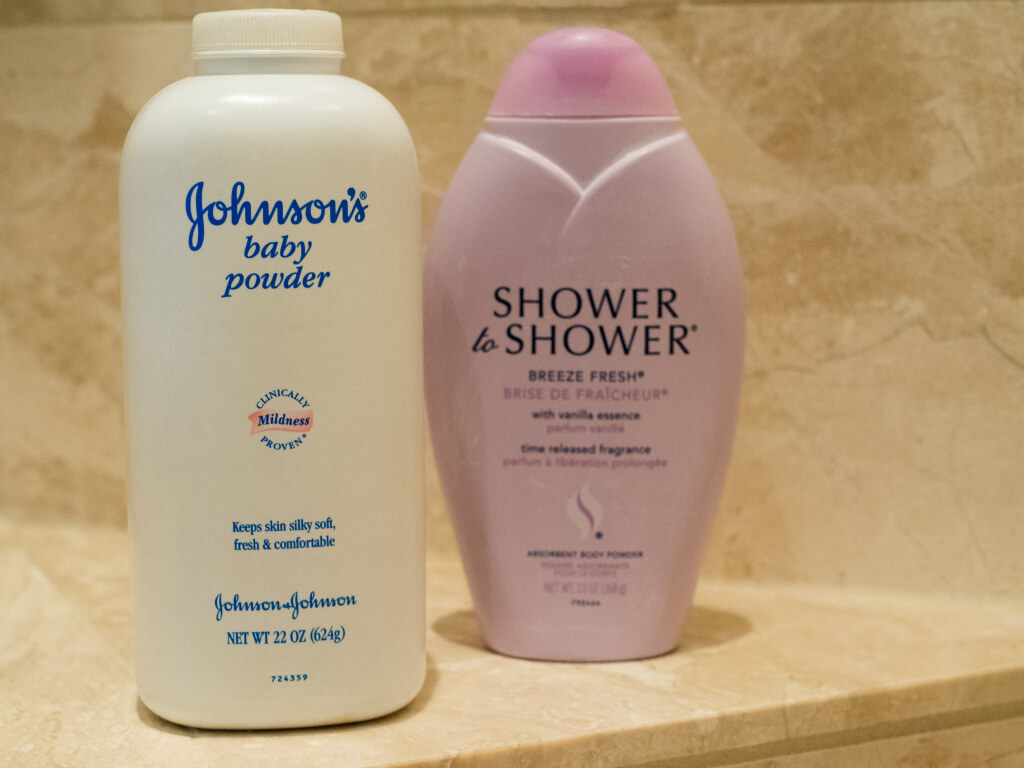After two multimillion dollar losses in the baby powder trials, Johnson & Johnson (J&J) still maintains talcum powder is safe and intends to defend that claim in the baby powder trial now underway in a St. Louis court. With more than 20 epidemiological studies confirming the link between the talc in baby powder and ovarian cancer, why does the company still think talc is safe?
It’s important to note the company hasn’t always been certain the talc in its products is completely safe for consumers. After two decades of growing concern, J&J hired independent consultants in the 1990s to determine whether or not talc could be used in its products without a warning label. The consultant advised the company to stop defending the safety of talc and likened the continued defense of talc to big tobacco companies defending cigarettes.
J&J ignored the advice of the consultant, and even when its talc supplier started including a warning label on its talc products in the 2000s, J&J still refused to include a label on its own products. Internal documents from the company revealed the company sought to combat the growing distrust of talc with marketing campaigns directly geared toward African American and Hispanic women as these populations have a high prevalence of baby powder use.
Instead, J&J sought to discredit the studies linking talc to ovarian cancer, suggesting they are biased and unreliable. With an overwhelming number of studies, this defense hasn’t worked so well.
The company might continue to discredit the studies linking talc and ovarian cancer, but there are a few facts they can’t dispute. The first indication talc could cause cancer was in 1971 when doctors discovered talc particles deeply embedded in ovarian tumors. Since then, talc particles have been discovered in ovarian tumors in women like Deane Berg, who was the first woman to take J&J to court over its baby powder products. Other plaintiffs in the baby powder litigation have also had talc particles discovered in their tumors.
J&J stated it plans on fighting every baby powder lawsuit because they believe its products are safe, but the outcome of the next baby powder trial could sway that opinion.

